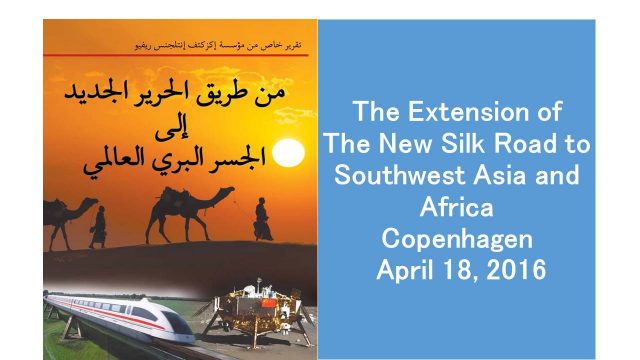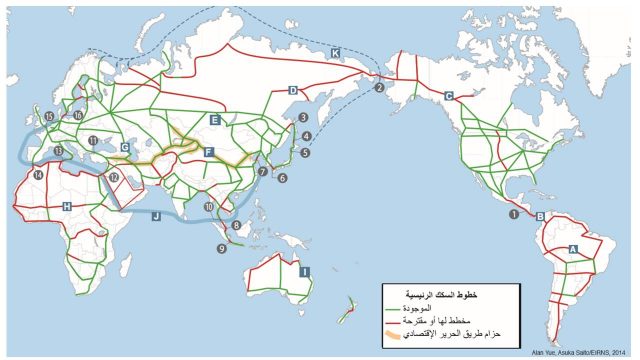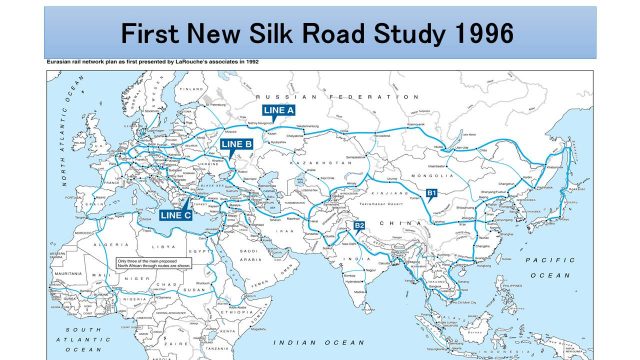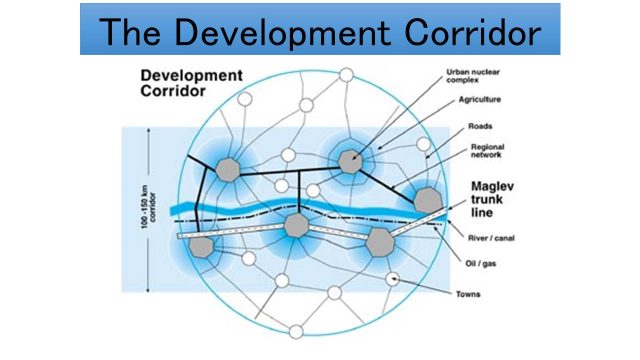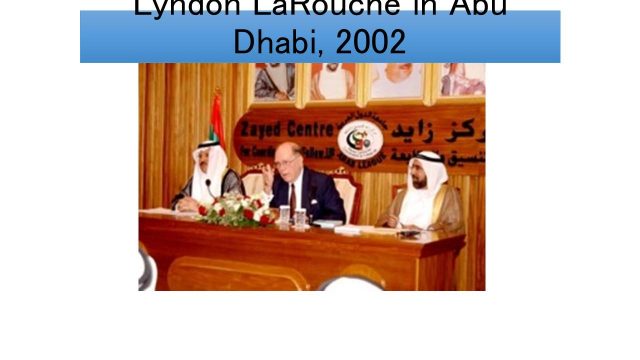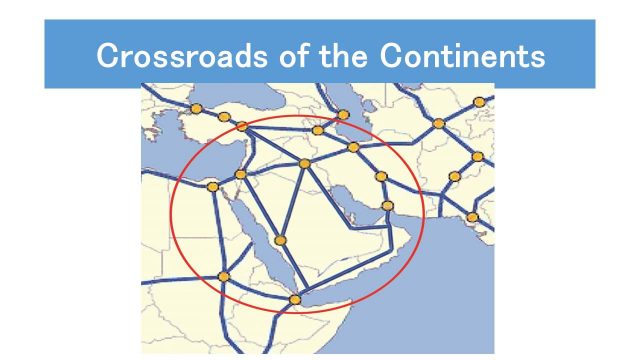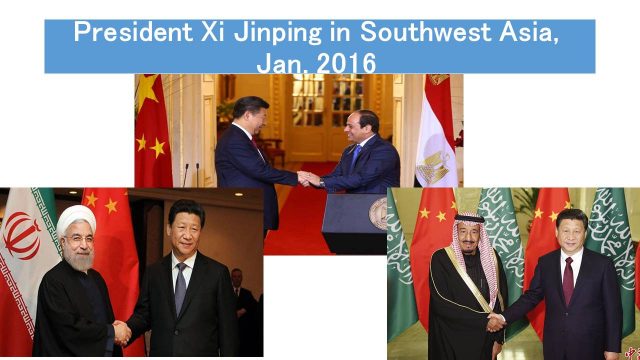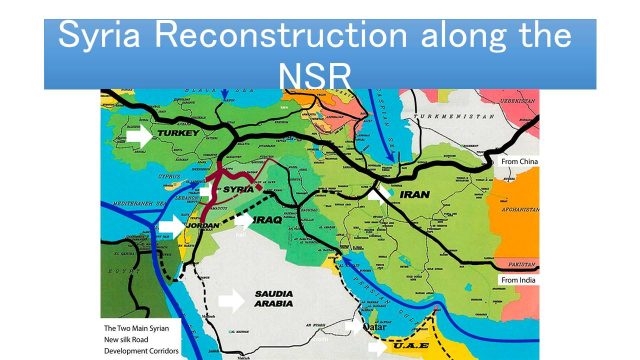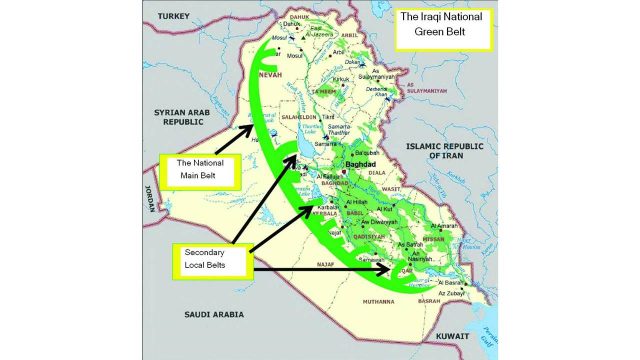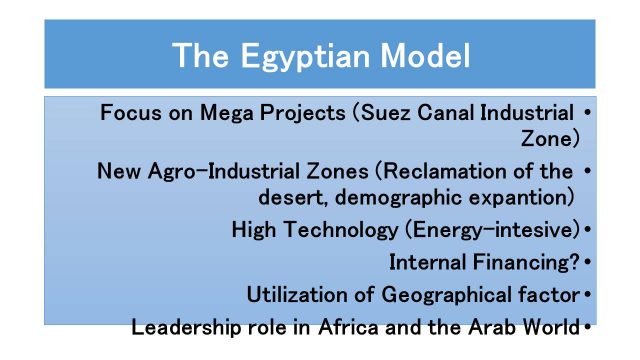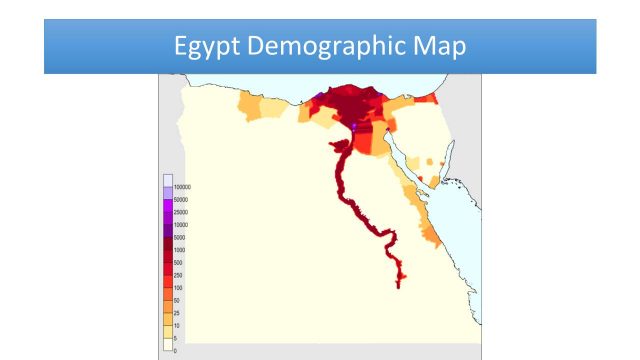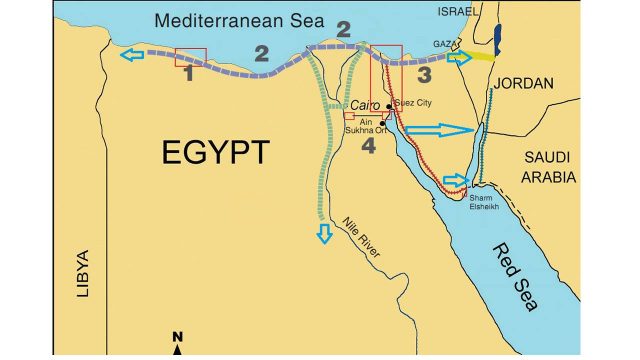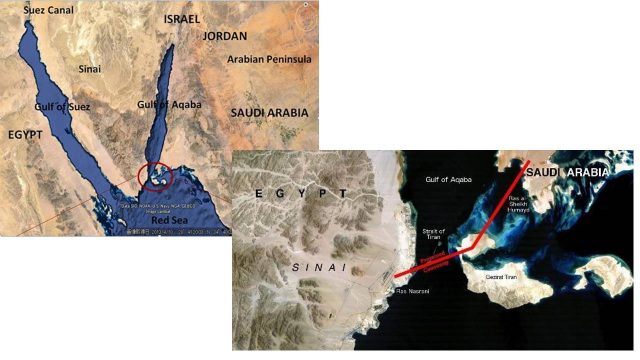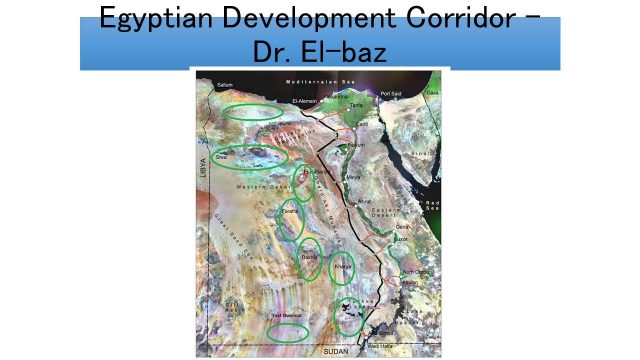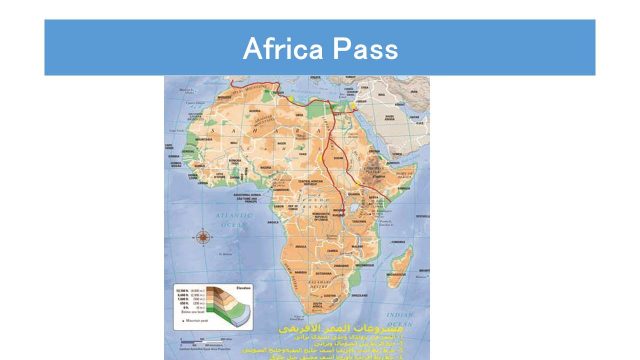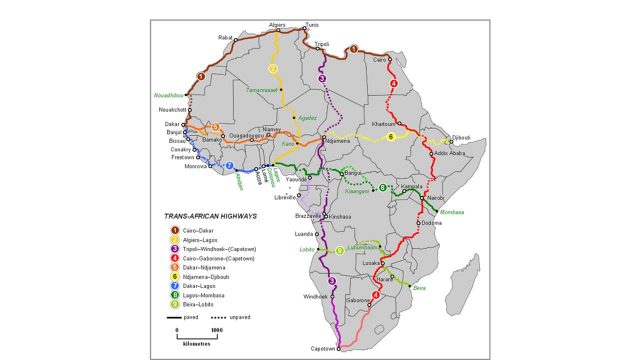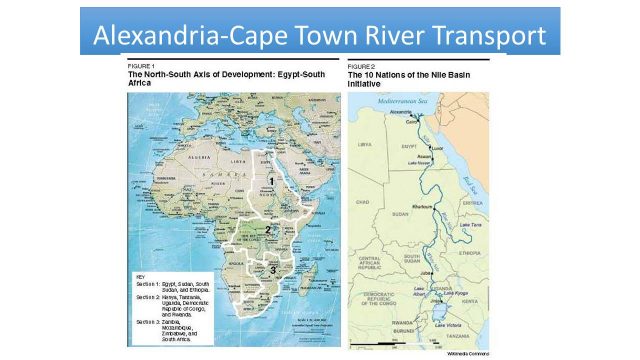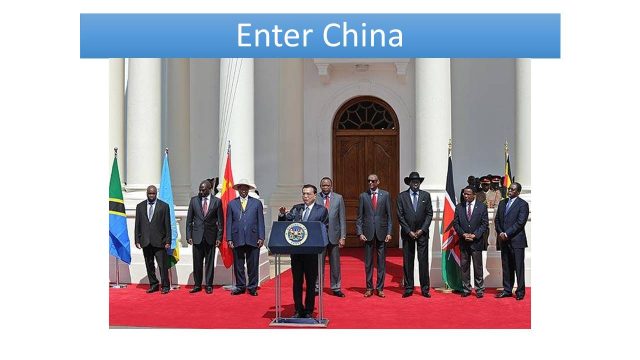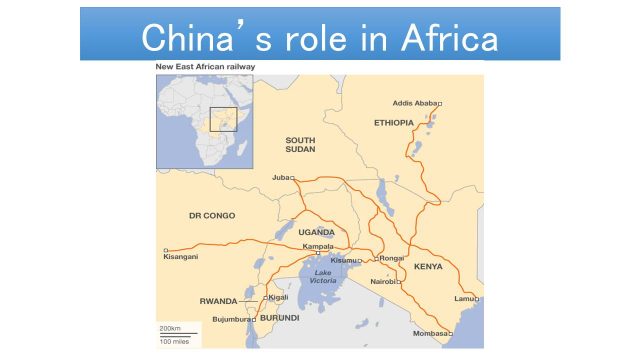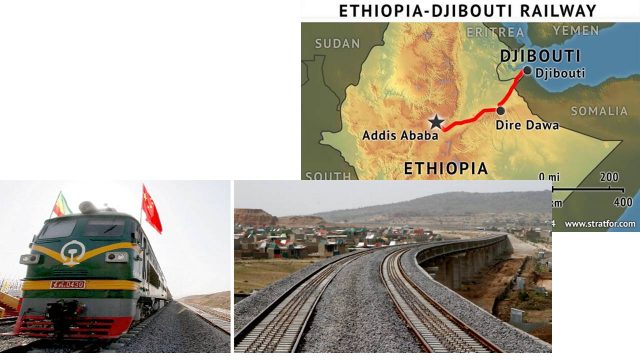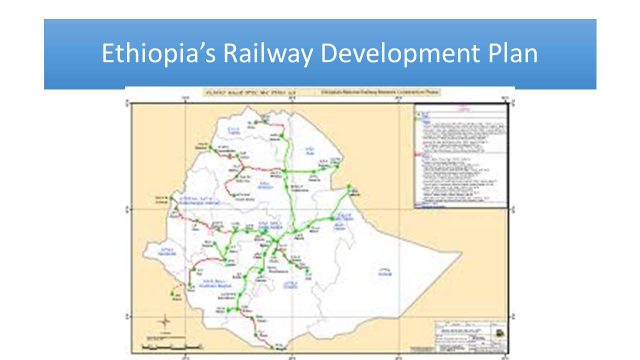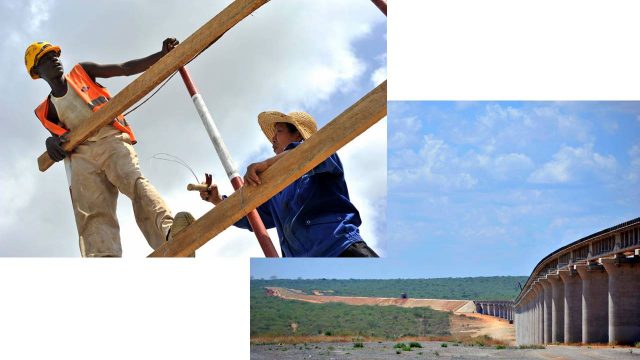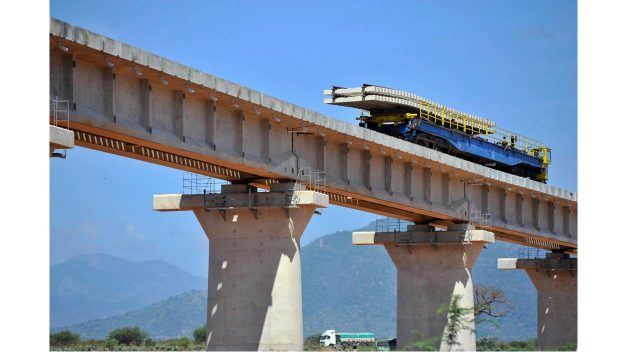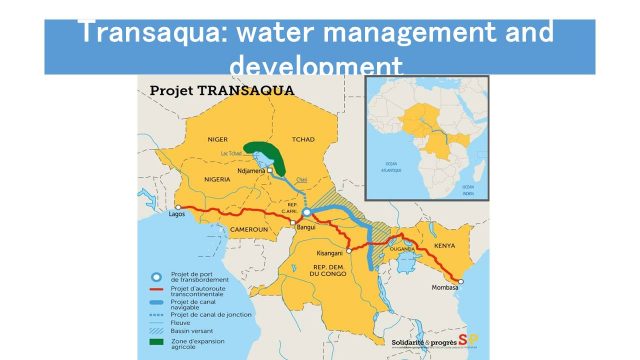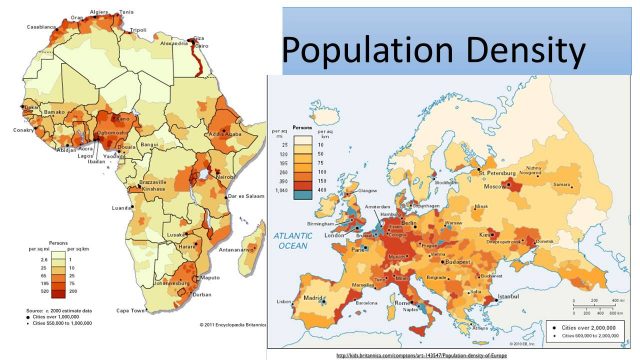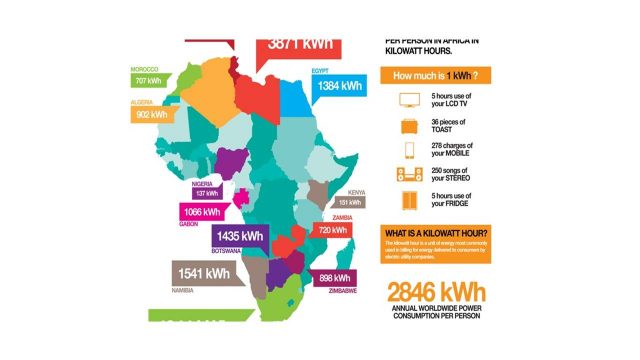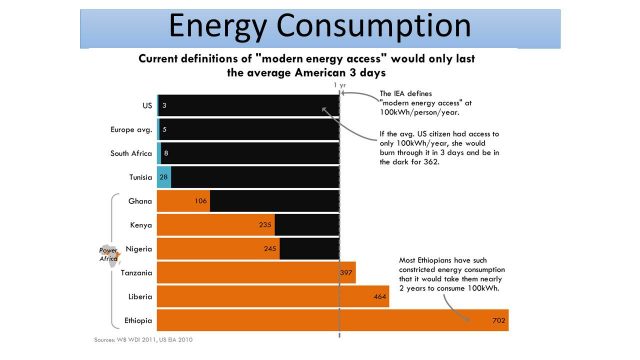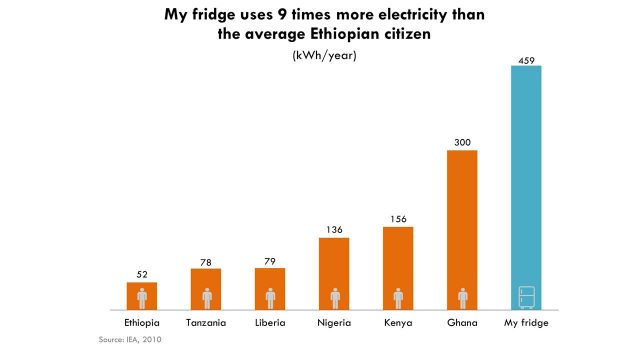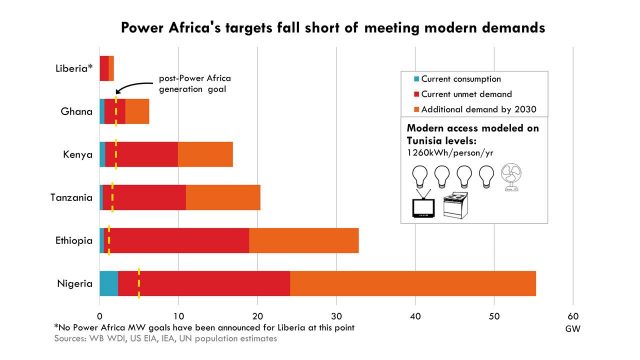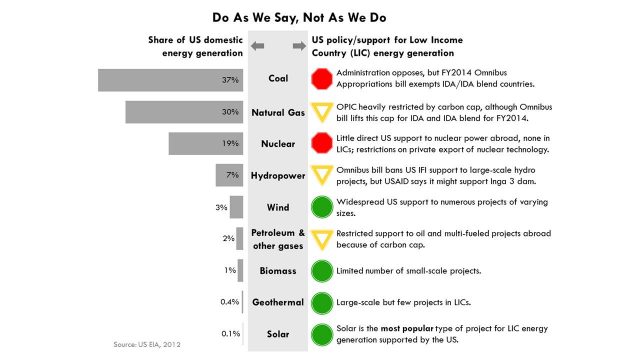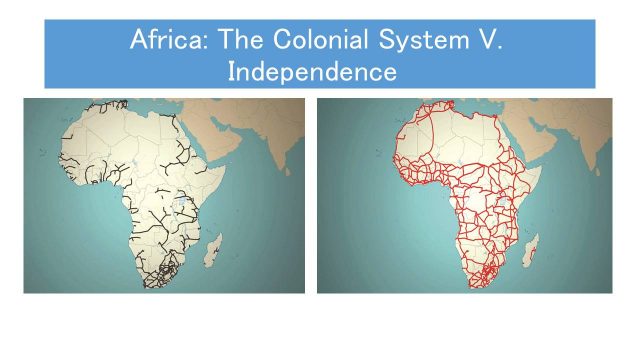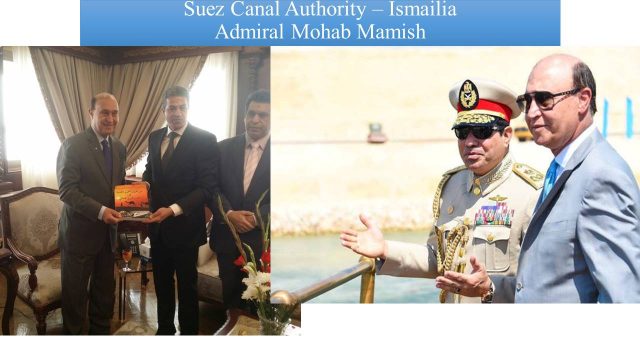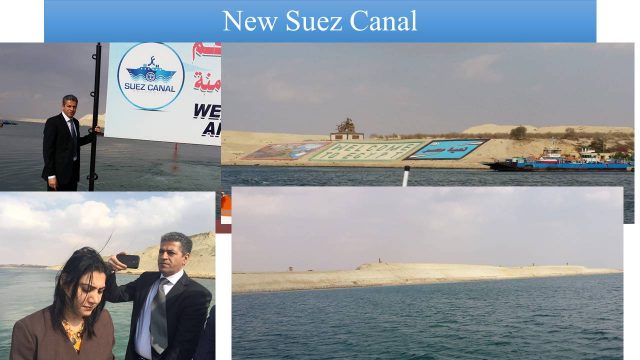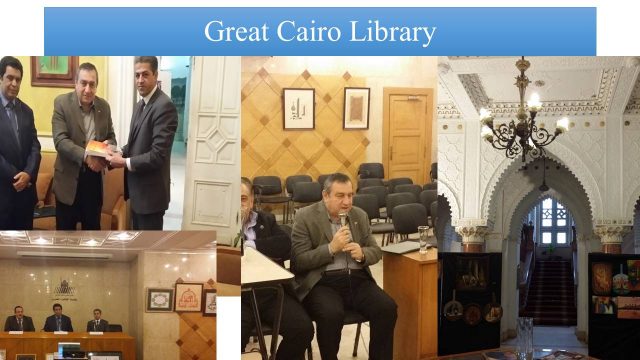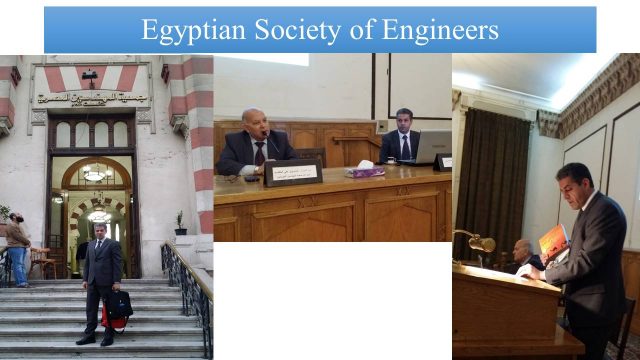I takt med at presset fortsat vokser på Obama for at frigive de 28 sider om d. 11. september, inklusiv at tidligere senator Bob Graham i denne uge har skrevet en ledende artikel, hvori han undsiger det "aggressive bedrag", som to på hinanden følgende administrationer har forøvet mod det amerikanske folk, begynder vi i aften kl. 8 pm. (eastern time) vores webudsendelse med en særlig video-erklæring fra Lyndon LaRouche personligt. Han hævder en afgørende britisk skyld i komplottet, hvorefter Jeffrey Steinberg indtager podiet for i detaljer at udlægge sine eksklusive undersøgelser i disse britisk-saudiske forbindelser. Jeff Steinberg diskuterer også implikationerne af det nyligt frigivne 47-siders dokument forfattet af undersøgerne i 11. september Kommissionen, i hvilken de forslog en efterforskning af den rolle, som agenturer indenfor den amerikanske regering spillede i at dække over den saudiske rolle i angrebene, men som de blev blokeret i at foretage.
Engelsk udskrift.
As the pressure continues to increase on Obama to release the 28 pages on 9/11, including former Senator Bob Graham authoring an editorial this week in which he denounces the "aggressive deception" which two consecutive administrations have perpetrated against the American people, we begin our webcast tonight at 8 pm eastern witha special video statement from Lyndon LaRouche personally in which he asserts the British culpability in the plot, after which Jeffrey Steinberg takes the podium to lay out in detail his exclusive research into these British-Saudi connections. Jeff Steinberg also discusses the implications of a newly released 47-page document authored by researchers on the 9/11 Commission in which they proposed to investigate the role that agencies within the US government played in covering up for the Saudi role in the attacks, but were blocked from doing so.
'JASTA' Act Passed in 2012, and Obama Signed It — Against Iran
TRANSCRIPT
MATTHEW OGDEN: Good evening, my name is Matthew Ogden, and I would like to welcome all of you to our weekly broadcast here from larouchepac.com. You're watching the Friday evening webcast for April 22nd, 2016. I'm joined in the studio tonight by Jeffrey Steinberg, from Executive Intelligence Review. And the two of us had a meeting with both Lyndon and Helga LaRouche, and I think that the presentation that Jeff gives tonight will be a very significant presentation, elaborating on some remarks that Mr. LaRouche had to say just yesterday on the question of the story behind and beyondthe 28 pages.
Now, as those of you who are watching this broadcast tonight probably know, we are living in a truly momentous period of history. Over the last two weeks, since the "60 Minutes" episode which elaborated the story of the so-called "28 pages," the redacted chapter of the 9/11 Joint Congressional Inquiry report into 9/11, that has been classified by both the Bush and the Obama administrations; since that broadcast, there has been an unrelenting stream of media coverage of this story, in almost all of the major national press in the United States, and also internationally, in Europe and elsewhere. There has also been a relentless attack, directly, on Obama, by name, for his refusal to declassify these 28 pages, despite the promises that he has given to the 9/11 families; and also for his open and explicit opposition to the lawsuit that families have waged against the Kingdom of Saudi Arabia, as well as the bill that they have introduced into the United States Senate, the Justice Against State Sponsors of Terrorism Act (JASTA), which would allow those victims to sue the state-sponsors of the 9/11 attacks.
Now, as you know, on the LaRouche PAC website, we have been covering this story for years, very closely. We've been following the efforts of Congressman Walter Jones (R-NC), Congressman Stephen Lynch (D-MA), and Congressman Thomas Massie (R-KY) in the House of Representatives, who have introduced a bill, now over two years ago, House Resolution 14 (H.R.14), which was previously House Resolution 428, calling on Obama to declassify the 28 pages; and they've worked very closely with former Sen. Bob Graham (D-FL). Bob Graham was the chairman of the Senate Intelligence Committee at the time of the 9/11 attacks, and was co-chairman of the 9/11 Joint Congressional Inquiry report.
Bob Graham has been very vocal, for years, in calling for the 28 pages to be released. I had the pleasure of interviewing him at an event in Florida in November of 2014, and at that time, he was very clear that if the 28 pages had not been classified and suppressed, you would not be seeing the threat of terrorism that we're facing today from al-Qaeda and from ISIS, both of which have received direct funding from individuals connected with the Saudi regime.
Bob Graham wrote a very clear and very blunt op-ed that was published in the Florida newspaper TCPalm, which was titled, "28 Pages: How Our Government Has Used Deceit To Withhold Truth From the American People." This op-ed was published on Wednesday, to be timed directly in coincidence with President Obama's landing in Riyadh, to hold a joint bilateral summit with King Salman of Saudi Arabia. In this op-ed, Senator Graham is perhaps more explicit than he has ever been. He said, "This was not just a cover-up." The suppression of the 28 pages and other evidence linking the Saudis to 9/11 was the result of what he calls "an aggressive deception." He says, "Your government has purposely used deceit to withhold the truth." The reason for this deceit, he says, "is to protect the Kingdom of Saudi Arabia from its complicity in the murder of 2,977 Americans. On April 15, the New York Timesreported: 'Saudi Arabia has told the Obama administration and members of Congress that it will sell off hundreds of billions of dollars' worth of American assets held by the kingdom if Congress passes a bill that would allow the Saudi government to be held responsible for any role in the Sept. 11, 2001, attacks.'" That is obviously a blackmail threat against the United States, and that's what they said publicly; one can only wonder what the Saudis were threatening behind closed doors.
What Senator Graham goes on to say in this op-ed is: "If that is not sufficient to get your blood boiling, read on: [the New York Timeswrites] 'The Obama administration has lobbied Congress to block the bill's passage.'"
Now, Senator Graham elaborates that there have been multiple forms of what he calls this "aggressive deceit"; not only the suppression of the 28 pages. He said the 28 pages would disclose the sources of funding for the attack on 9/11; this has been under review for declassification for three years, which was three times the amount of time that it took to research, author and publish, the original Congressional Inquiry report which was 838 pages long! He said, secondly, "The 28 pages are the most iconic, but not the only, evidence to be withheld from the report of the congressional inquiry. The report is pocked by hundreds of specific redactions."
And then he says, thirdly, "Investigations at locales where the hijackers lived and plotted prior to the attacks also have been classified. One of those involves Mohamed Atta, the leader of the hijackers, and two of his henchmen who are alleged to have collaborated with a prominent Saudi family who lived in Sarasota for six years before abruptly departing for Saudi Arabia two weeks before 9/11."
Senator Graham says, "The FBI publicly described its Sarasota investigation as complete, and said it found no connection between the hijackers and the family. Later, responding to a Freedom of Information lawsuit, the FBI released an investigative report that said the family had 'many connections' to individuals tied to the terrorist attacks. The FBI for two years has aggressively resisted releasing that report," Graham says. [emphasis added] And this is part of a much bigger story, that goes beyond just the 28 pages per se.
Now, Senator Graham concludes that op-ed by saying there are three reasons why the 28 pages must be released: One is justice for the families; two is national security, and he said: The fact that Saudis, and their "blatant attempts to avoid liability as co-conspirators in the crime of 9/11, and the U.S. government's acquiescence by refusing to release information (and opposition to reforming laws that would hold collaborators in murder to account) has been a clear signal to the Kingdom that it is immune from U.S. sanctions. With that impunity," Senator Graham says, "it continues to finance terrorists and fund mosques and schools used to indoctrinate the next generation of terrorists in intolerance and jihad."
And then finally, he said, this is an issue of democracy. "The American government is founded on the consent of the governed. To give that consent, the people must know what the government is doing in its name. Distrust in government is reflected in the speeches of today's presidential candidates" he said. "The public's sometimes angry response is fueled by a sense of betrayal and deceit."
Now, Mr. LaRouche was asked a question from our institutional source this week, this is our regular institutional question, and it's very brief, but it's obviously directly on this subject-matter. The question reads as follows: "Mr. LaRouche, there has been an overwhelming enthusiasm to release the 28 pages lately. What is your advice to the Obama administration, in regards to the 28 pages?"
Now, we produced a short video which includes the audio of Mr. LaRouche's remarks on this subject. We're going to play that video for you now; it's about five minutes in length, and then immediately after that video, I'm going to ask Jeff Steinberg to come to the podium to elaborate some of the points that Mr. LaRouche asserts in this statement.
LYNDON LAROUCHE: [via audio file] I was watching those two planes which were carrying the victims, and carried them to death. I was an eyewitness to the press. We knew that they were being carried, as victims, inside the planes, in the two planes in succession, and obviously the passengers all died.
But that operation, on that occasion, which I witnessed from beginning to end in my first contact with it, defines the actual issue which has to be addressed.
Now of course, I also knew what the background was. The way this thing was set into motion was with the Bush family. Now, the Bush family was actually a key part, of setting this thing into motion; they may not have intended to do that, because they're too stupid to know what they're doing. See, the Bush family was involved in its own little warfare operation, so there was a spillover from the Bush administration as such, into this particular operation. The whole operation was twofold: One, was British-Saudi operation. Now the person who was directing the thing from inside the United States, had been trained by the British system. Bandar was a key figure operating inside the United States. Bandar was directly overseeing the launching of this operation.
And what they were doing, was they were shipping petroleum as a real money-making operation, just with the oil trade, by the British, shared with the Saudis; and this thing was done for harmful purposes in many ways, and was a key part of control of what the United States was doing in petroleum; because the thing was a fraud — a fraud committed by Her Majesty. Her Majesty was guilty: period. Queen Elizabeth was the author of this operation. She was the only person who was qualified to authorize this operation.
The attack on Manhattan was done under the cover of the British system. And the Saudis were a subordinate aspect of the British system as a whole. Her Majesty was the author, of this monster. And the Saudis were simply stooges. The Saudis have been stooges from the beginning of the 20th century. That's the essential story. Everything has to be focused on that: The fact that is was thedeliberate mass murder of American citizens. And not only that, but adirect attack on the United States!
The key thing is that the British and the Saudis are the same thing, since that time. And all these facts are really known, on the record. The Saudis are guilty and the British are guilty, because the Saudis and the British are part of the same agency. What the Saudis do, what the British do, won't be the same thing. The fact is that the Saudi Kingdom is not a real government — it's an empire; it's an imperial institution. It has no formal responsibility to anything except the Kingdom of the Saudis, and the British! They are the same thing!
OGDEN: Now, as you can see displayed on the screen, we have a short advertisement for a much longer feature documentary that was published, actually several years back by LaRouche PAC Television, which was called "Beyond the 28 Pages: 9/11 Ten Years Later,".
Jeffrey Steinberg was interviewed as part of that production, and obviously has been very intimately familiar with many of the facts that are presented in that documentary and which were alluded to by Mr. LaRouche in the statement that you just heard. So I'm going to invite Jeff Steinberg to come to the podium to elaborate this, in a little bit more detail.
JEFFREY STEINBERG: Thank you, Matt. Well I think it's important to recognize that the fundamental point that Mr. LaRouche just made in answering the institutional question for this week, is that the story of 9/11 is incomplete if we simply stop with the now obvious, transparently evident role that high-ranking figures within the Saudi royal family and within the Saudi government played in the 9/11 attacks. Both before the attacks, as the attacks were happening, and in the cover-up that followed. What's crucial to understand is that the Saudis do nothing without full support and approval coming from the highest levels of the British monarchy; all the way up to the Queen herself, and to the Royal Consort, Prince Philip. The fact of the matter is that, going back centuries, back to the time of the heyday of the British East India Company, the entire Persian Gulf region was a British colony, a British Protectorate. For centuries, every one of the so-called nations — really tribal collections — along the Persian Gulf, whether it was Bahrain, or the UAE, or Qatar, or Oman, or Saudi Arabia, or Kuwait; all of those countries existed in name only. All of them had treaty agreements where their foreign and defense policy was run out of London. It was a vital feature for the functioning of the British East India Company to have a way station en route to India and on to China. So, at the beginning of the 20th Century, when people like Lawrence of Arabia forged the establishment of the House of Saud as a marriage between a tribal family and the Wahabi fundamentalist clergy of that area; it's always been a British game, it's always been tightly under the thumb of the British. And that carries through even more so in the present modern period.
Mr. LaRouche mentioned Prince Bandar bin Sultan, who for years was the Saudi ambassador here in the United States; before that, he was the Saudi military attaché in Washington. And he was widely referred to as "Prince Bandar Bush", because of his close relationship with the Bush family — starting with father George HW Bush, and continuing even more so under George W Bush — was notoriously close. But above all else, Prince Bandar was a British agent. He was trained at British military schools; his official, authorized biography was written by one of his school chums from British military school. And in 1985, Bandar negotiated what came to be a critical feature of the Anglo-Saudi arrangement — the Al-Yamamah deal; this was ostensibly a barter arrangement in which the Saudis paid in oil for British military equipment — fighter planes, radar systems, training, supplies, all of that.
And in carefully investigating that program, what we discovered was that the amount of oil that the Saudis delivered to the British in payment for about $40 billion of military hardware, was orders of magnitude greater. The oil for the Saudis was cheap; it was under $5 a barrel to pull it out of the ground and load it onto a supertanker. But once British Petroleum and Royal Dutch Shell took control over that oil, they sold it on the spot market at phenomenal mark-ups. From 1985 until the scandal first broke in 2007, more than $100 billion in excess funds were accrued after paying for the British military equipment and after generous bribes to many British and Saudi officials. Hundreds of billions of dollars were sequestered in offshore bank accounts; and those funds represented the biggest slush fund in the world for carrying out destabilizations of governments, terrorist activities, and assassinations. Prince Bandar, not being the brightest guy on the planet, openly boasted about this special relationship, and said that while Al-Yamamah was a traditional barter arrangement — oil for weapons — it was in fact something much more. It was a reflection of the marriage of the British and Saudi monarchies; and the fact that these monarchies could operate outside of any parliamentary or Congressional scrutiny; and could carry out black operations anywhere in the world that they chose to do it.
Now, officially, Prince Bandar received a $2 billion commission for arranging the Al-Yamamah deal; and those funds have been traced. They went from accounts of the Bank of England, accounts from the British Ministry of Defense that oversaw the Al-Yamamah arrangement; and they went from there into the bank accounts in Riggs National Bank in Washington DC, the private accounts of Prince Bandar bin Sultan. Among the documentation contained in the 28 pages that Presidents Bush and Obama have kept from the American people, is evidence, paper trails of funds that were sent directly from Bandar's and his wife's personal bank account into the hands of two Saudi intelligence agents who were the handlers of the original two 9/11 hijackers who arrived in the United States at the beginning of the year 2000.
So, the British hand in 9/11 is unmistakable. If those 28 pages were to be opened up, it would not only confirm that the British and the Saudi royal families were together engaged in setting up and financing the 9/11 attacks; but would open up an array of other questions about follow-on terrorist operations that have occurred on a global scale. All told, hundreds of billions of dollars laundered offshore —probably in places like Panama, as well as the Cayman Islands, the Isles of Jersey off the coast of England — have gone into countless operations like the 9/11 attacks themselves.
So, while many people are quite clear on why it is that President George W Bush would order the suppression of the 28 pages, because of his notorious close relationship with Prince Bandar and the Saudis; many people scratch their heads and say, "Well, why would President Obama — particularly after he promised the families that he would declassify the 28 pages; why would President Obama continue with the cover-up?" It's not for Obama a matter of the Saudis; for Obama it goes to the next higher level in this whole story, which is namely, the British. Obama, from the beginning of his political career, has been sponsored by the British. It's not surprising that this week President Obama made a trip to Saudi Arabia; he was there Wednesday and Thursday. He met with King Salman of Saudi Arabia; and on Thursday, he met with all of the leaders of the Gulf Cooperation Council countries. From there, he has now flown on to London, where he will be holding a private audience with the Queen. Obama has been a slavish loyalist of the British Empire, of the British monarchy, since the moment he came into office as President. So, Obama's hand in the cover-up, the shameless continuing cover-up of what happened on 9/11, is all about protecting the British side of this story. Were those 28 pages to be opened up, the minute that one began looking at the role of Prince Bandar, it would become absolutely obvious that there is a major British side to this story.
Now of course, when you talk about the British monarchy, if you roll the clock back just a few years before the September 11, 2001 attacks; remember that there was an intensive investigation over a number of years into the fact that the British monarchy was unquestionably behind the murder of Princess Diana. It was a revenge killing because she represented forces that were completely disgusted with the way that the House of Windsor, Queen Elizabeth, Prince Philip, Prince Charles operated. So, you have a British monarchy that has blood on its hands going back a very long time; and most recently with the top-down ordered assassination of Princess Diana. It should come as no surprise that that same British apparatus is up to its eyeballs on global terrorism.
Now in point of fact, in late 2000, Executive Intelligence Review filed a formal request with the US State Department that they consider placing Great Britain on the list of state sponsors of terrorism. People may remember at that time, there was a wave of terrorism going on around the globe. In 1997, you had the Egyptian Islamic Jihad group carry out an attack against a group of Japanese tourists at Luxor; and the Egyptian government at that time, provided detailed evidence that the terror plot had been organized, financed, and controlled by Egyptian terrorist networks that were living in Britain under the protection of the British monarchy.
Several years later, the Russian government filed a series of formal diplomatic demarches because they had evidence that the British government was facilitating the recruitment of Chechen terrorists who would be allowed to travel to Afghanistan from Britain to be trained by al-Qaeda and then safely routed into Chechnya to become part of the separatist terrorist networks that were fighting against the Russian government. There was detailed evidence that was included in that EIR profile; and unfortunately needless to say, the State Department sat on it, did nothing; and so, we had 2001. And we had many subsequent terrorist events that followed from that.
So, the bottom line here, is that now that there is intensive momentum demanding the declassification of those 28 pages, what is really required is a complete, de novo, top-down investigation into the 9/11 actions; and into all of the subsequent terrorist actions that have followed and have been the work of the same Anglo-Saudi apparatus. Once those 28 pages are made public, once the American people — led by the families of those 2,997 people killed by 9/11 — have the chance to thoroughly read through and digest the content of those pages; then the whole can of worms, the whole British-Saudi empire structure has to be brought down. Has to be subject to the kind of rigorous criminal prosecution that is warranted; and that means as well, that both President Bush and President Obama have to be brought to criminal task for their role in both facilitating and covering this up.
As Mr. LaRouche said in his brief comments to colleagues yesterday, that you just saw in that 5-minute video, he was on the scene; he was giving a live interview to Utah radio broadcaster Jack Stockwell. He had the TV on in his study; and he saw in real-time, the planes crashing into the two World Trade Center towers. He was one of the few people — perhaps the only person outside of those who committed the crime — on Earth who understood the full strategic implications of it the moment that the attack occurred. LaRouche had warned at the beginning of 2001, once he saw the character of the Bush/Cheney administration, that this was the kind of regime that would look for the first opportunity to carry out a Reichstag fire in order to go for dictatorship. And he understood that it was the Anglo-Saudi apparatus that represented the capability for carrying out just such a heinous crime with those particular intentions. He made very clear in that real-time interview with Jack Stockwell, that the entire blame was going to immediately be placed on al-Qaeda; but he said to the extent that al-Qaeda had anything to do with it, it's a bit part. It's a minor element of something much bigger that goes much higher; and goes up to the British-Saudi apparatus that we've been discussing here.
So, members of Congress who have read those 28 pages — and by now, there's well over 100 members who have done that; they've all come away with the same conclusion. That these documents must be made public; and furthermore, that they completely alter how you understand the history of the last several decades. So, take that as just a glimmer of an indication of what the implications are. Regardless of what's contained in the 28 pages per se, it's the implications of the findings in those 28 pages; and the can of worms that's opened up that leads all the way up to the British monarchy. And you realize that the fight to get these 28 pages released to the public is a fight for the very survival of mankind going forward from this day. The British Empire today is bankrupt; they're desperate. They're not just desperate to cover up the 28 pages and the whole 9/11 story and the Al-Yamamah story; they're desperate because they're on the edge of losing their power. And they will, if the opportunity presents itself, create the conditions using these kinds of capabilities, to start a world war. So, the stakes are enormous; and the answer is very straightforward. Release the 28 pages; and on the basis of that, re-open from the top down a complete and thorough investigation. Starting with the British and Saudi monarchies and working down from there. We owe it to the families that suffered through 9/11; we owe it to the American people; and we owe it to mankind.
OGDEN: Thank you very much, Jeff. One thing I would just mention in relation with some of what Jeff just went through in detail, is that some of these connections are not unknown to people who are familiar with this investigation. In fact, Senator Bob Graham himself, while denied from including this in his nonfiction book, Intelligence Matters; in his fiction book — which he said himself he had to publish, because it was the only way he could get the truth in written form. In his fiction book, his novel Keys to the Kingdom, Senator Bob Graham includes a lot of references to exactly the kinds of things that Jeff just went through. The role of BAE; the Al-Yamamah deal; the offshore tax havens; the Cayman Islands; the fact that Tony Blair intervened to shut down the investigation into the connection between the British BAE Systems and the Saudis. So, in fact, these are the lines of inquiry that anybody who is serious — and the people who are familiar with this case — wish would be pursued; because they know exactly how big this can of worms really is.
Now, the 28 pages may not have been declassified yet; however, one very important document that was declassified recently — and has only now begun to receive media attention, starting with an exclusive report and analysis by Brian McGlinchey, who is the editor of the very important website 28pages.org. This is a document which was a 47-page draft document which was written by two researchers who were working on the 9/11 Commission; this was the independent blue-ribbon panel their own extensive report into 9/11. But these two researchers, who are named Dana Lesemann and Michael Jacobson, had both been formerly employed by the Congressional Joint Inquiry Committee. And in this 47-page document, they lay out what was going to be their own working plans for their follow-up research on the spcific lines of research which they had been engaged in during their role in the Congressional investigation. One of the items which they cite in this document — and Jeff will elaborate this more — is the fact that an alleged al-Qaeda operative, a person named Ghassan al-Sharbi who had trained for flight lessons in Arizona prior to 9/11, and who was captured in Pakistan subsequently; was discovered to have buried a cache of documents near to his person at the location where he was hiding, which included al-Sharbi's US pilot certificate which was inside of an envelope from the Saudi embassy in Washington DC.
Senator Bob Graham, who was not informed of this fact during the time that this investigation was going on, but later learned about it after this declassification; said in response, "That's very interesting. That's a very intriguing and close connection to the Saudi embassy." The second item which is of extraordinary interest in this 47-page research document, are the two questions which these two researchers intended to pursue. The first question was: How aggressively has the US government investigated possible ties between the Saudi government and/or royal family and the September 11 attacks? And number two: To what extent have the US government's efforts to investigate possible between the Saudi government and/or royal family and the September 11 attacks been affected by political, economic, or other considerations?
Now, what's very telling is that when Dana Lesemann attempted to go back and access the 28 pages which she herself was instrumental in researching and writing, first she was denied and blocked access to them; and then when she circumvented those denials, she was fired. She was dismissed from the 9/11 Commission investigation. So, I think that just demonstrates in a very illustrative way just one example of what Bob Graham described as the "aggressive deception" that has been undertaken in this case; that's what he said in the op-ed which I cited at the beginning of this broadcast tonight. He said, "Your government has purposely used deceit to withhold the truth." And that is not the only case.
One thing I would like to Jeff to just elaborate a little bit more on, is the entire story of the Sarasota cell, and the very significant work that investigative journalist Dan Christianson has done of theFlorida Bulldog, in tracking down 80,000 pages of FBI documents that linked Mohammed Atta and other members of the Sarasota cell to people connected with the Saudi royal family and the Saudi government. Documents which the FBI withheld from Bob Graham at the time of the Congressional investigation; did not tell him existed. They impeded that investigation and stonewalled on, until an FOIA lawsuit forced them to at least hand them over to a judge. And the review of those documents still has not been completed.
So, I would like to ask Jeff to come to the podium and elaborate a little bit more on the further implications of this "aggressive deception" — not just a cover-up — that has been committed by the US government in this regard.
STEINBERG: The 28 pages are a critical piece of this story, because that was the final product; it was the work product after a year of investigation by the Joint Congressional Inquiry. And that 28-page chapter that took up the question of foreign support and funding for the 9/11 hijackers, represented the most solid and corroborated evidence that the investigators were able to compile in the face of massive obstruction. It's not just simply that President Bush, when he reviewed the final 800-page report of the Joint Congressional Inquiry, simply ordered the suppression of the 28-page chapter. Every step along the way, during both the period of the investigation by the Joint Congressional Commission and the later 9/11 Commission, was impeded top down from the White House; and particularly from the highest levels of the FBI. This is not mere speculation. In the recent period — just over the course of the last year — many of the documents that were work-products of the Joint Committee and the 9/11 Commission which were classified, have now been reviewed and declassified.
For those of you who don't know some of the inner workings of Washington, there is a board which is located at the National Archive, called the Interagency Security Clearance Appeals Panel — referred to as ISCAP. And they are the final authority; they're kind of a Supreme Court with respect to questions about what documents should be declassified. And they've been in the process of reviewing and declassifying some of the important staff documents of the two investigative bodies. Last July, they declassified about 29 documents that were work-products from the 9/11 Commission; and one in particular written by Dana Lesemann and Jacobson, is very revealing. It was a work-product document; it was classified for the last decades as being "Secret", but what they laid out was their plans for pursuing the investigation over the period of the next several months. What's very clear is that they had many, many more leads on many more officials of the Saudi government — in southern California, in Washington, in Saudi Arabia — who were deeply implicated with the 9/11 hijackers. One section of Document 17, this 47-page paper that was declassified last July, is headlined "A Brief Overview of Possible Saudi Government Connections to the September 11 Attacks"; and it goes through the names of 18 Saudi officials who were in southern California, in Washington, and back in Saudi Arabia, who had direct contact and facilitated the efforts of the hijackers.
Now, the FBI was a continuous obstacle from the top down. During the "60 Minutes" broadcast several weeks ago, Commission Member John Lehman said that the order to block the publication of the 28 pages came directly from Robert Muller, who was the director of the FBI at the time. Now, it happens, and again it's repeated throughout this 47-page working document from the 9/11 Commission staff, that the two 9/11 hijackers, al-Hazmi and al-Midhar, who were living in the San Diego area; for the better part of a year were living in the home of a man who was an FBI informant, who was being paid $3000 a month by the FBI to keep tabs on possible radicals inside the Muslim community — particularly the Saudi-Muslim community in the southern California area. The staff from the 9/11 Commission and earlier the staff from the Joint Congressional Inquiry, repeatedly asked to interview the informant; they were blocked at every turn. The informant was put in the Federal Witness Protection Program under a change of identity; the FBI Special Agents who were the handlers of this informant, were also blocked from being interviewed by the Committee. So, in other words, one branch of the Executive Branch of the Federal government was working overtime to prevent the investigation from going forward.
Now, going all the way back to the days of J Edgar Hoover, it was notorious that the FBI was completely in bed with the British. During World War II, it was an open collaboration between the FBI and the British Special Operations Executive, with their headquarters at Rockefeller Center in New York City. But this relationship continued. Wall Street is an important intermediary between the FBI and the British. And so, the FBI role in the cover-up, both in San Diego and in other parts of the country, is absolutely stunning; and is something that in and of itself must be thoroughly investigated and exposed.
In the case of Sarasota, the FBI conducted an exhaustive investigation into a wealthy Saudi family that were intimately tied through business with the Saudi royals, who were in regular contact with Mohammed Atta and two other of the 9/11 hijackers. They lived in a gated community in the Sarasota, Florida area. Mohammed Atta and the others would frequently visit that home; and two weeks before the 9/11 attacks, that family on very short notice, picked up and left the country. First flew back to London; and from London back on to Saudi Arabia. The FBI compiled 86,000 pages of documentation following up those leads; because the connections between this leading Saudi family and the 9/11 hijackers was unmistakable. Those documents were withheld from the Joint Congressional Inquiry, despite the fact that the FBI was subpoenaed all over the country to turn over any records relevant to the investigation into 9/11.
So, you've got — as Senator Graham said — "willful deception" at the highest levels of government. Now, we know about San Diego; we know about Sarasota. We know also that Herndon and Falls Church, Virginia was another sort of center of activity of some of the hijackers and some of the leading Saudi clerics who were part of the overall structure of support for those 9/11 terrorists. Paterson, New Jersey was another center of this. Senator Graham has said at press conferences on Capitol Hill, that we've barely scratched the surface; because the government — to protect the British and protect the Saudis — have put up a wall of deception. They've blocked lines of inquiry; they've concealed documents; they've committed fraud and perjury. All because the power of the British and the power of the British/Saudi alliance is so dominant over politics in Washington that the FBI, in effect, is sworn to defend that relationship; even if it means that the American people are denied justice.
So, once again in conclusion, there is much more to this story than merely the events of September 11, 2001; as horrific and as dramatic as they were. The 9/11 Families deserve nothing less than the full and complete truth; no matter where it leads. But the problem runs much deeper. If we don't purge this Anglo-Saudi problem, if we don't get to some of the questions that were posed by the 9/11 Commission staffers; such as "Did the FBI intentionally withhold from the Joint Inquiry, information about the informant's relationship with the hijackers; and subsequently attempt to obstruct the Joint Inquiry's investigation of the matter? If the FBI did withhold information and obstruct the Joint Inquiry's investigation, were the FBI's actions indicative of a larger pattern of an FBI non-compliance with Congressional oversight; and what should be done about it?"
So, this is a can of worms that must be opened; and must be systematically investigated. Because our very future may depend on getting to the bottom of this.
OGDEN: And we are truly seeing a very momentous shift around this while Obama is in Riyadh and then flying directly to London. This has become the subject of almost all of the media coverage in the United States. And it's an extraordinary opportunity to pull this thread to unravel this empire. However, this is just yet one of many threads that can and must be pulled. There are other threads: What came out two years ago in the Senator Levin report on HSBC. This has a major aspect of it; and of course, this is becoming relevant again in the Panama Papers. And Helga LaRouche thought it was very significant that Jacques Attali, a prominent French economist, wrote an article this week saying, don't call them the Panama Papers; call them the London Papers. Because what this is really all about is the entire system of British offshore tax havens and Crown Protectorates that create the safe haven for this dark underworld of narco-terrorism, drug money laundering, and terrorism financing. And you can be guaranteed that if you follow the money, some of those threads lead directly back to these offshore tax havens.
So, as we're seeing right now, a lot of the work that has been done over years if not decades by the LaRouche Movement, by Executive Intelligence Review, by associates of Jeff Steinberg. And by Mr. LaRouche going back to his book, Dope, Inc. and also the very important film that he put out at the end of the 1990s, "Storm Over Asia", which described exactly how these irregular warfare operations are run to destabilize countries. And then the appearance he had on the Jack Stockwell show on the day that September 11 was occurring; that is featured in this "9/11 Ten Years Later" feature documentary that we showed little excerpts from, during the statement that you heard from Mr. LaRouche earlier this evening.
So, if you have a chance and you haven't watched it, or you haven't watched it lately; we would encourage you to go back and view that documentary. It's available on larouchepac.com/28pages; it's also available on our youTube channel. And I think you can be ready for much, much more that will be coming from LaRouche PAC TV on this subject and the broader implications of it. So, please stay tuned to larouchepac.com; please subscribe to our YouTube channel if you haven't already. Please explore all the content that we have published on this subject in the past; and please share it as widely as you can with your friends and your associates.
So, I'd like to thank Jeff Steinberg for joining us here this evening; and I would like to thank you for watching our broadcast. Please stay tuned to larouchepac.com. Thank you and good night.
